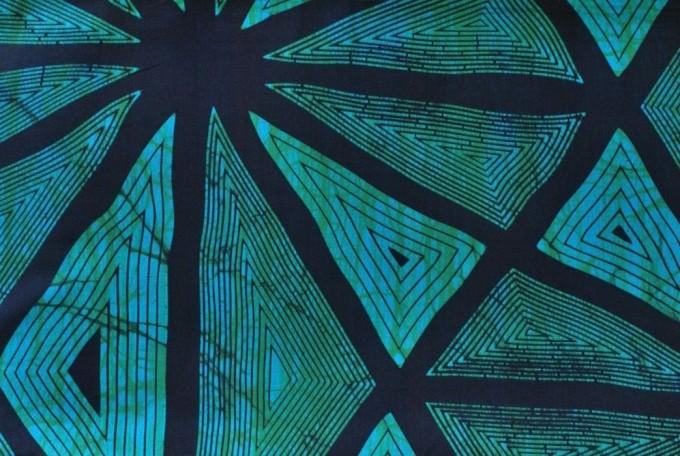
Get the latest articles delivered directly to your inbox!
Our Contributors
Class of 2022
Kyle Duke
Austin Foster
Charlotte Leblang
Ross Lordo
Class of 2021
Dory Askins
Connor Brunson
Keiko Cooley
Mason Jackson
Class of 2020
Megan Angermayer
Carrie Bailes
Leanne Brechtel
Hope Conrad
Alexis del Vecchio
Brantley Dick
Scott Farley
Irina Geiculescu
Alex Hartman
Zegilor Laney
Julia Moss
Josh Schammel
Raychel Simpson
Teodora Stoikov
Anna Tarasidis
Class of 2019
Michael Alexander
Caitlin Li
Ben Snyder
Class of 2018
Alyssa Adkins
Tee Griscom
Stephen Hudson
Eleasa Hulon
Hannah Kline
Andrew Lee
Noah Smith
Crystal Sosa
Jeremiah White
Jessica Williams
Class of 2017
Carly Atwood
Laura Cook
Ben DeMarco
Rachel Nelson
Megan Epperson
Rachel Heidt
Tori Seigler
Class of 2016
Shea Ray
Matt Eisenstat
Eric Fulmer
Geevan George
Maglin Halsey
Jennifer Reinovsky
Kyle Townsend
Join USCSOMG students on their journeys to becoming exceptional physician leaders.

To the Patients
Being a patient at a teaching hospital offers a unique experience. You have access to some of the best physicians, state of the art technology, and team-based decision making. On the other hand there’s a chance that someone who looks like your grandson will more or less randomly poke at you for the sake of education. This summer I got the opportunity to conduct such random poking as a part of a summer program in the emergency department. One particular encounter really stuck with me. I was humbled by a patient and his courage is something I will never forget.
I knew from the moment I walked around the plastic sheet that there was a somber air to the room. The patient lying in the bed looked tired, a look that was emphasized by the yellow tint to his skin. His partner sat in the corner, barely looking up, staring at his hands like they were about to change into something else. The physician made all the standard introductions and then left the room. I had worked up many patients in the past few weeks and this has become somewhat of a routine.
The physician would introduce me as a medical student. That usually garnered a few disparaging looks from the family. I would then try any history taking or physical exam techniques I wanted, making sure to pretend like I knew what I was doing and then walk out confidently like I was about to go make some life or death decisions. I would then clumsily present what I did, learn what I did wrong, and then watch awkwardly in the corner while the physician did everything over again. I loved every minute of it.
This experience was a little different. I knew nothing about the patient and the patient had no information about what was wrong with him. I was just supposed to use my observation and do a history and physical as if he was an unknown man dropped out of plane onto the front steps of the emergency department. I knew enough to understand the dire circumstance he was in. From the way he answered questions and the distant look he had, I believe he understood his circumstance as well.
Nevertheless he lay there grim-faced and refusing to show any weakness while I asked him questions and looked over his body. He even flashed a somewhat contrived smile when I cracked a joke. Even in a dark place he was willing to help further my education. He was willing to be stronger than I ever could imagine being just to give a stranger a chance at learning something new.
To him and to all the patients that let students poke and prod them for a moment of education, I am eternally grateful. These people willingly and often graciously offer themselves as training dummies even during the times that they are most vulnerable. In a time where apathy and cynicism run rampant in hospitals around the country, it is patients like the man I met that day who restore just a little bit of faith to the too often jaded perspective of students in the field of medicine.
Transforming Medical School Blog
Copyright 2021 USC School of Medicine Greenville


